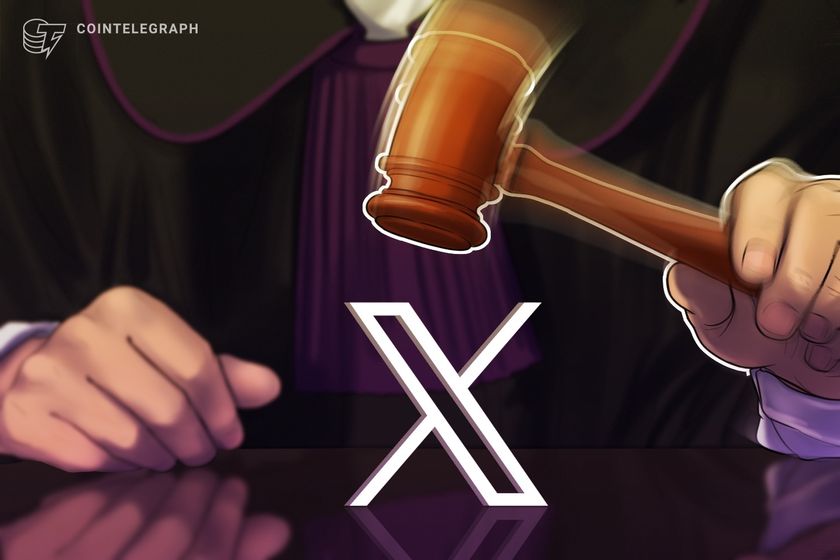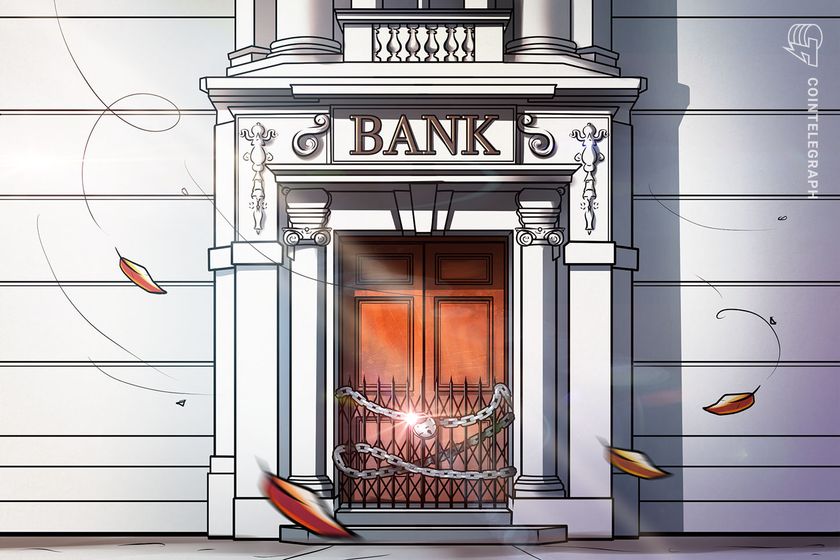UK plan on digital securities sandbox laid before Parliament


The regulations will take effect on Jan. 8, with the Bank of England and the U.K. Financial Conduct Authority operating the sandbox.
The United Kingdom Financial Services and Markets Act’s provisions on a digital securities sandbox are scheduled to come into force in January 2024 after being presented to Parliament.
In a Dec. 18 publication, the U.K. government announced the Digital Securities Sandbox (DSS) regulations of the 2023 Financial Services and Markets Act, which were laid before Parliament, paving the way for crypto firms to test products and services in the country. According to the government, the regulations will take effect on Jan. 8, with the Bank of England and the U.K. Financial Conduct Authority operating the sandbox.
“The DSS will allow firms and the regulators to test the use of new technology across our financial markets,” says a memo explaining the bill. “In particular, this will involve trialling the use of developing technology (such as distributed ledger technology, or in general technology that facilitates what are commonly referred to as ‘digital assets’) to perform the activities of a central securities depository (specifically notary, settlement and maintenance), and operating a trading venue.”



















